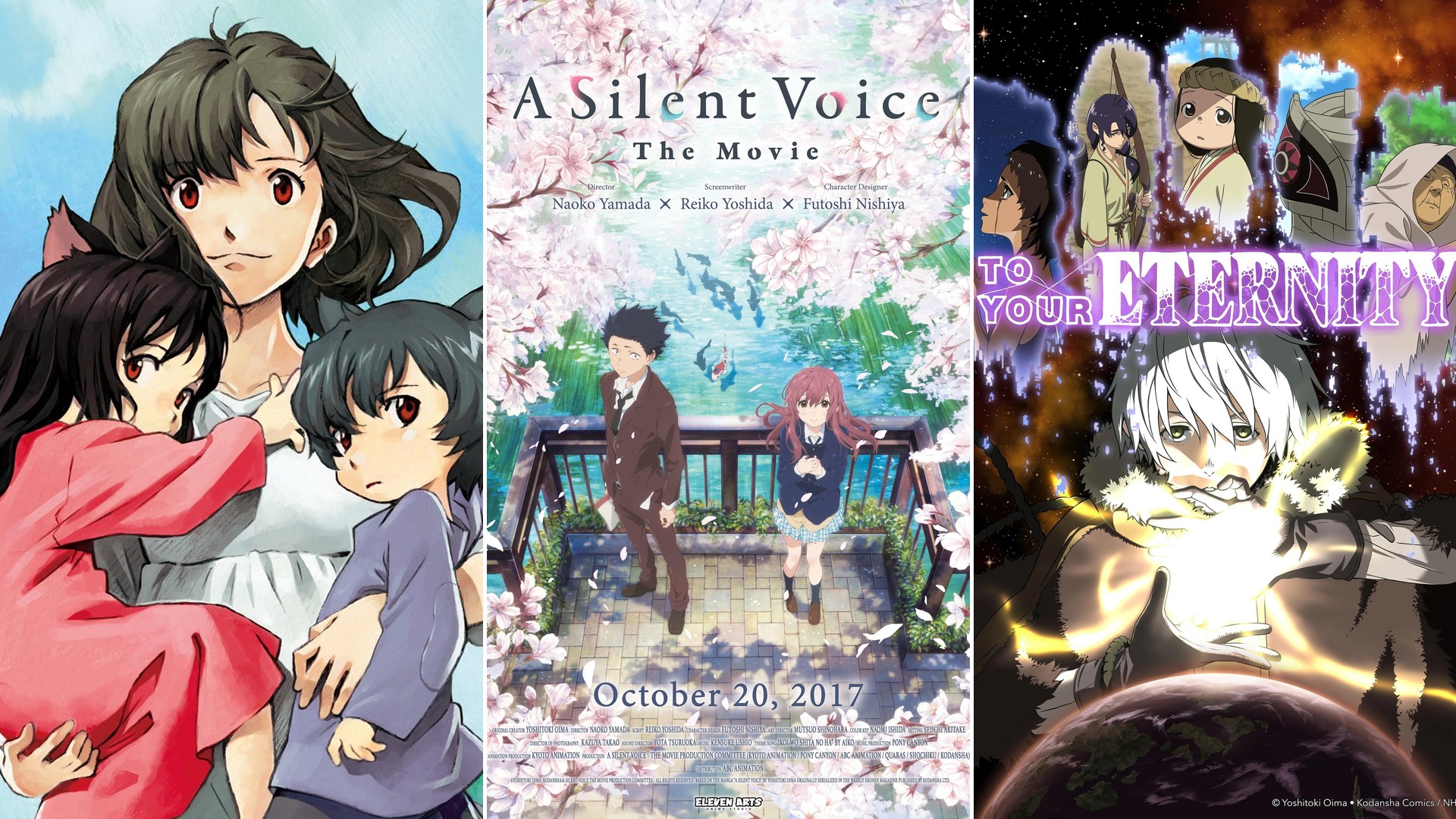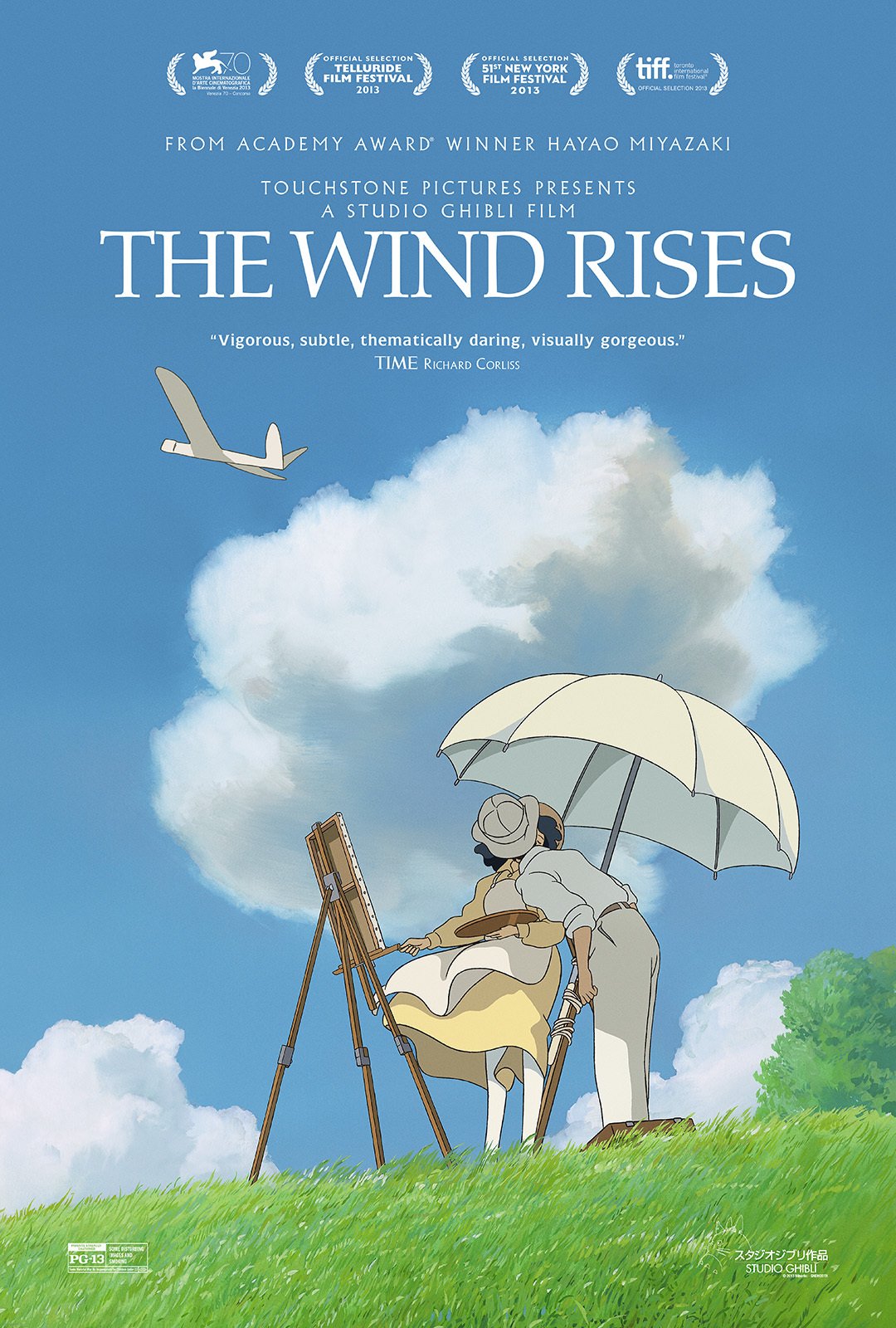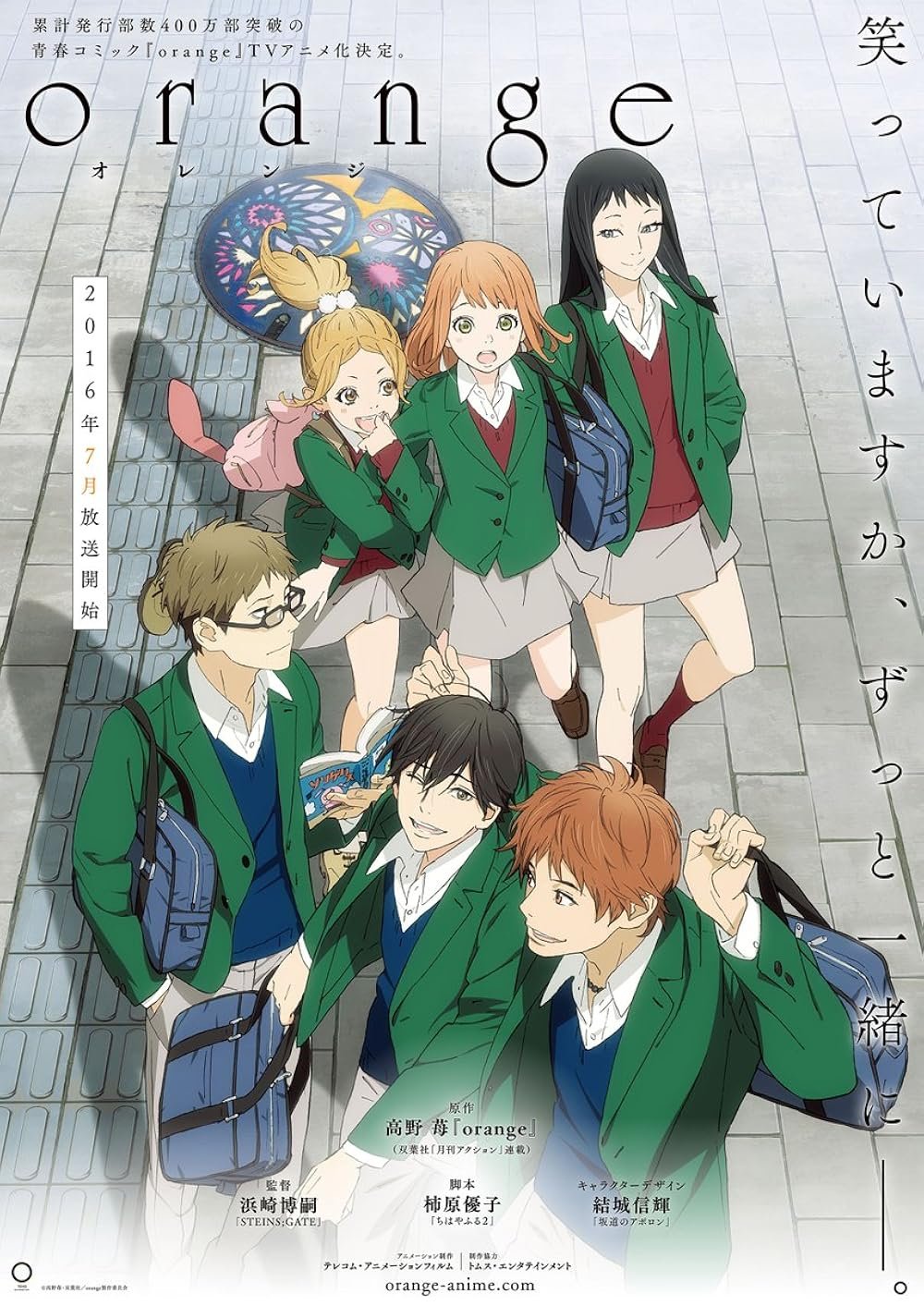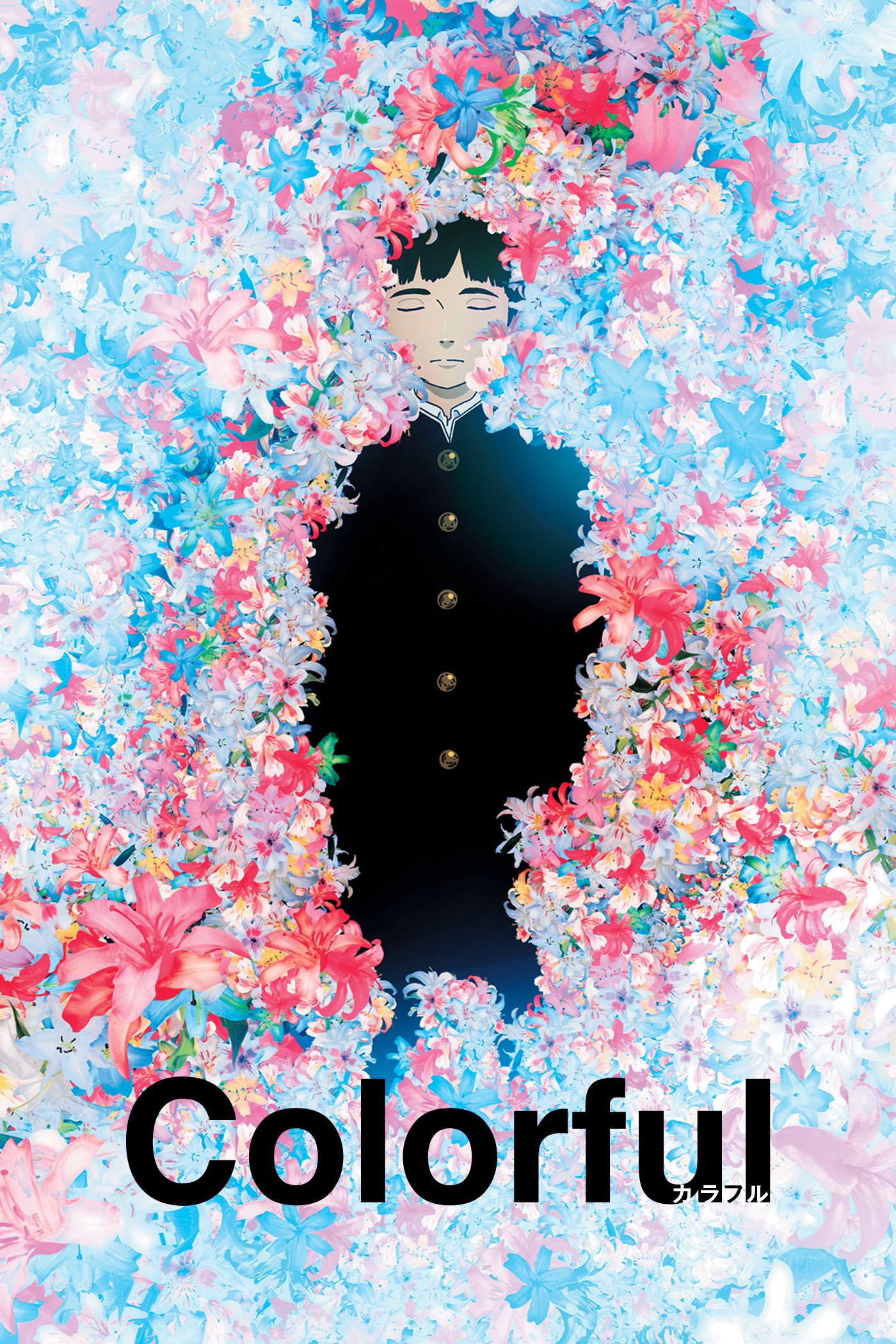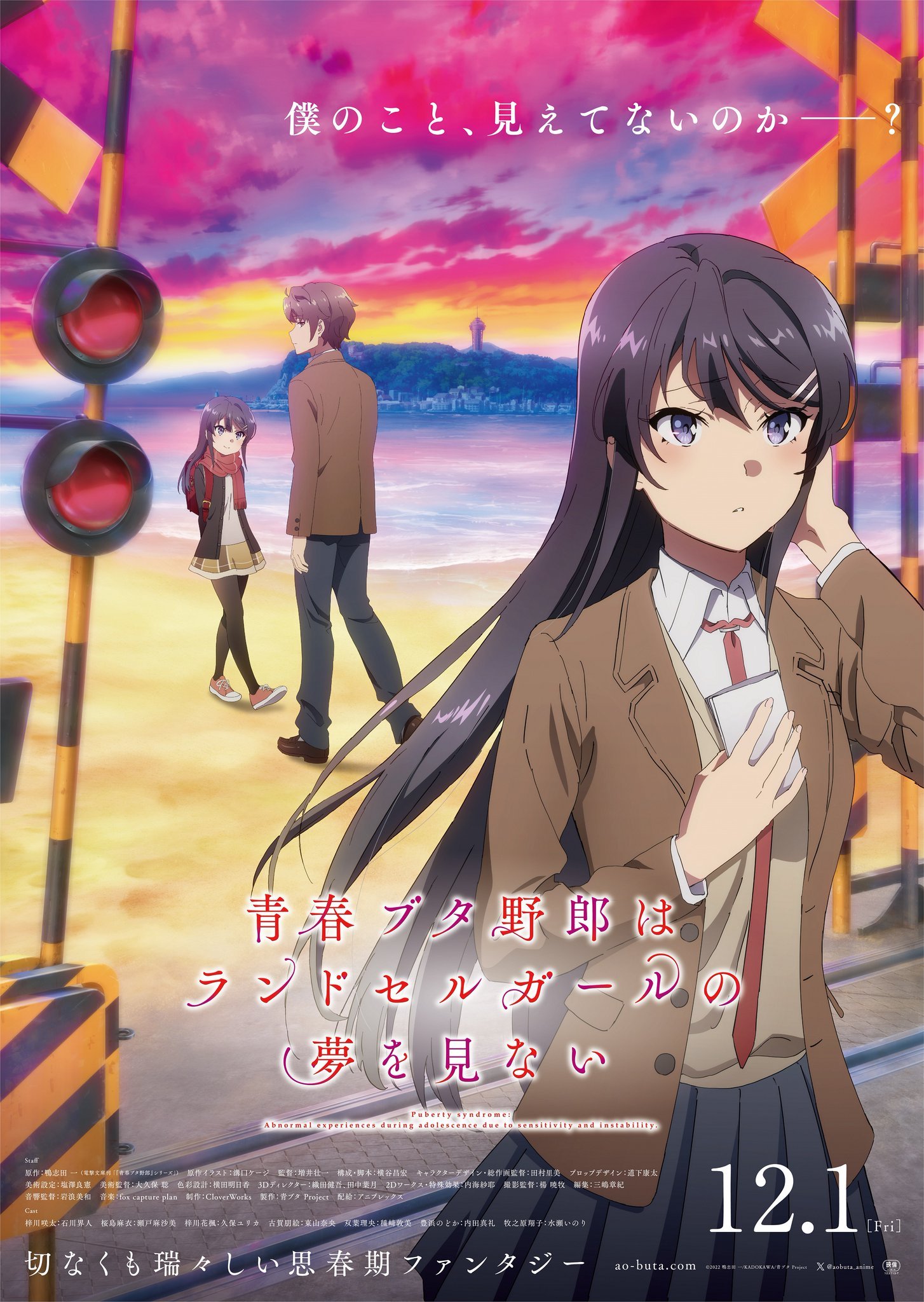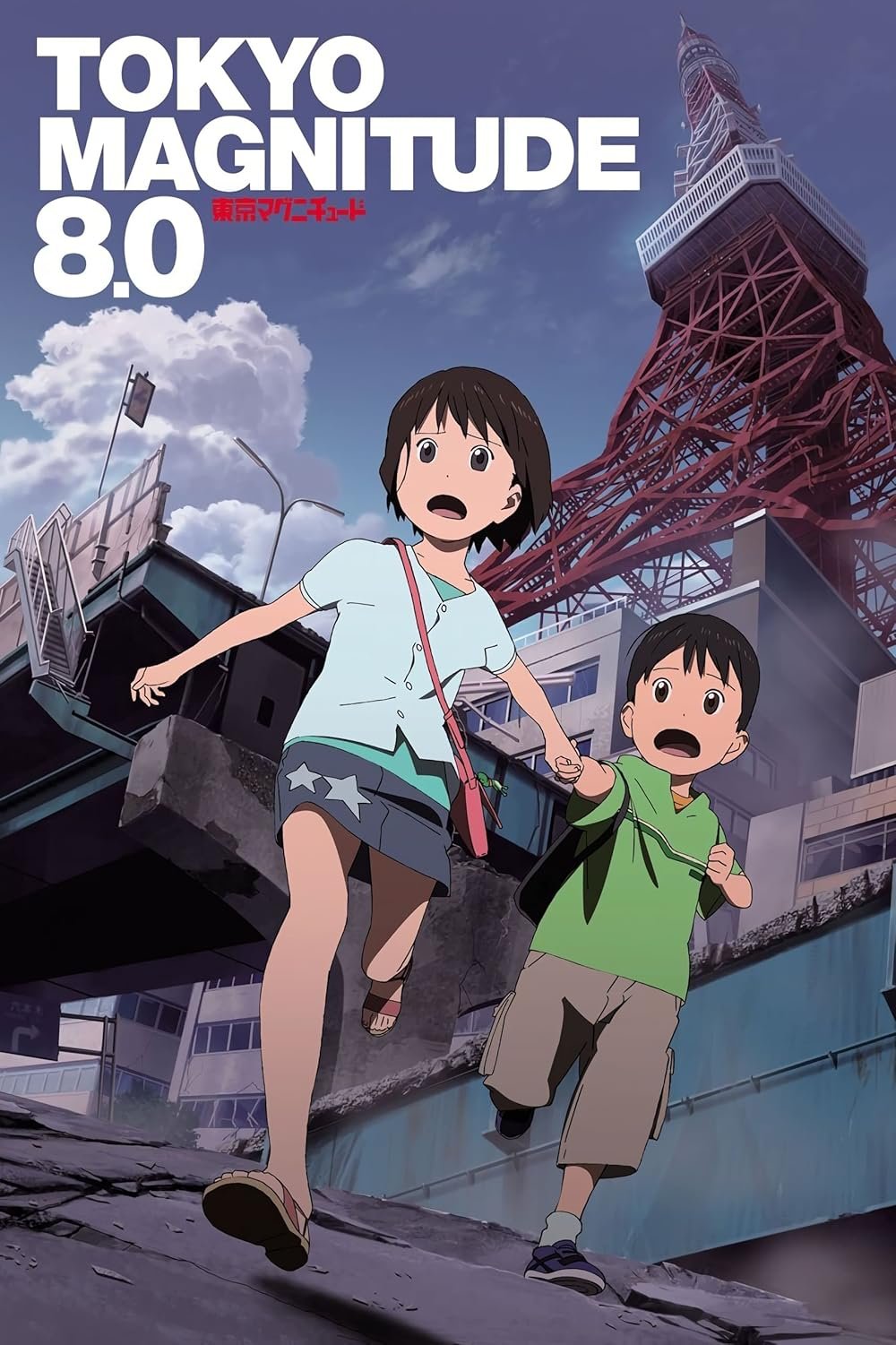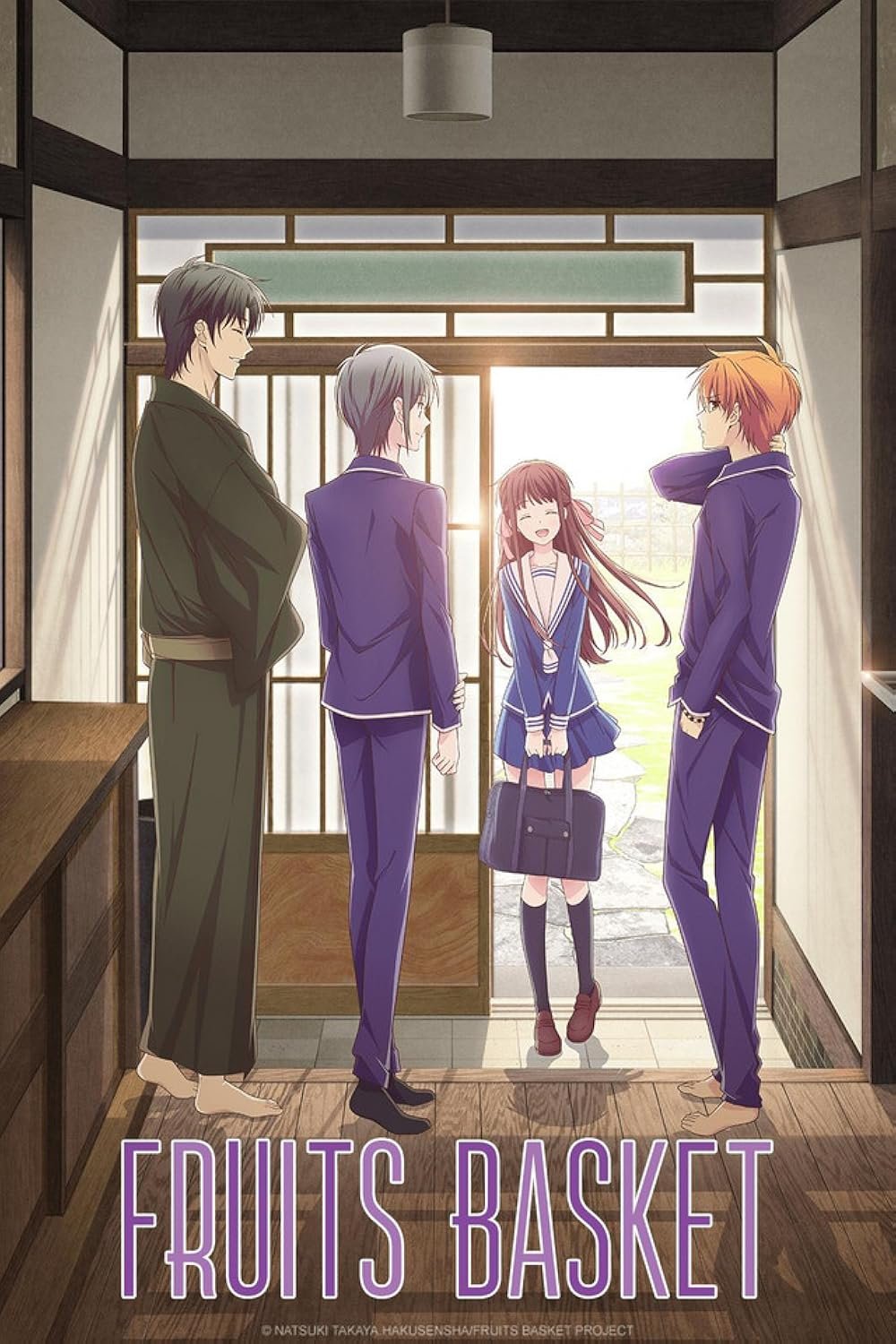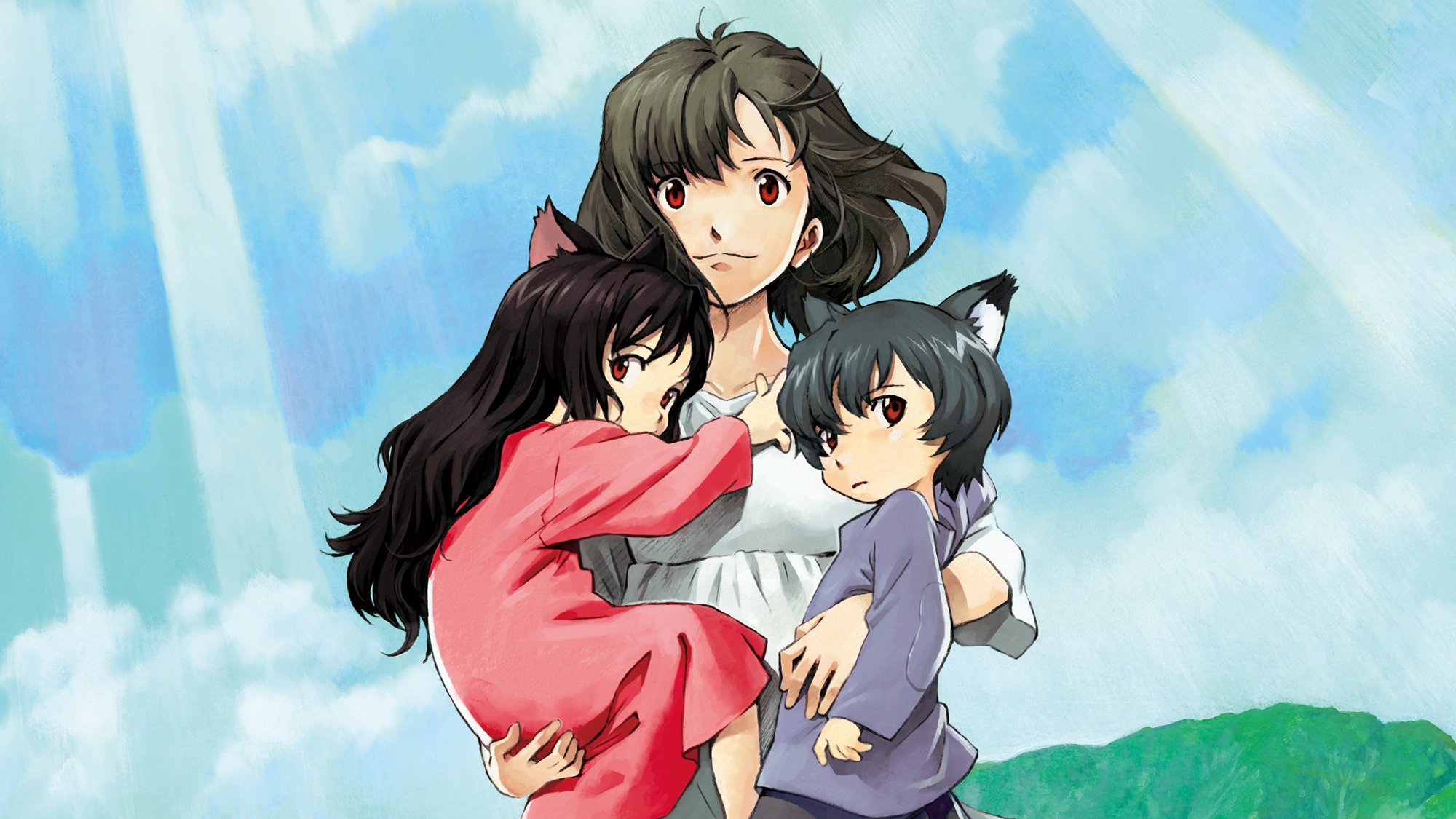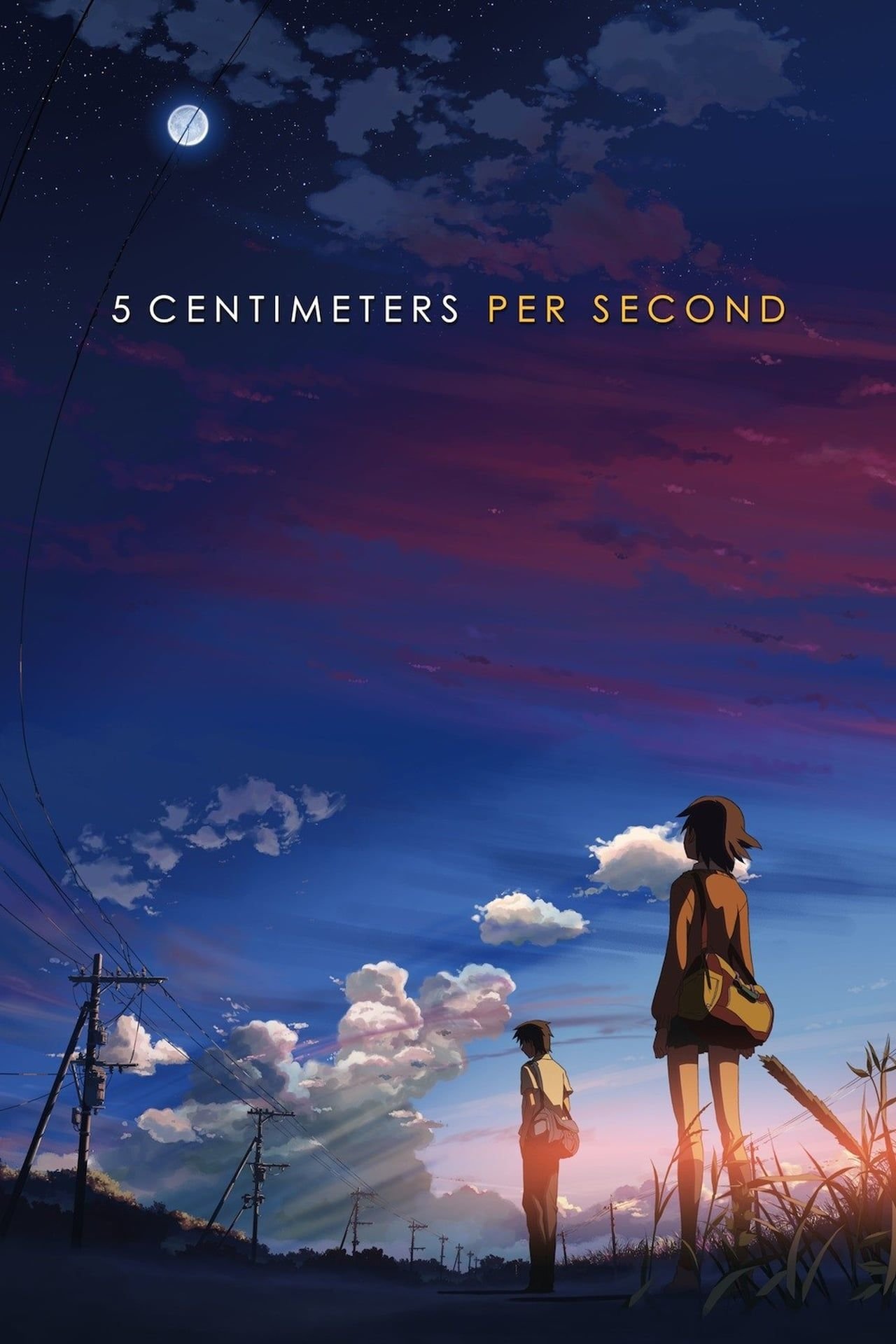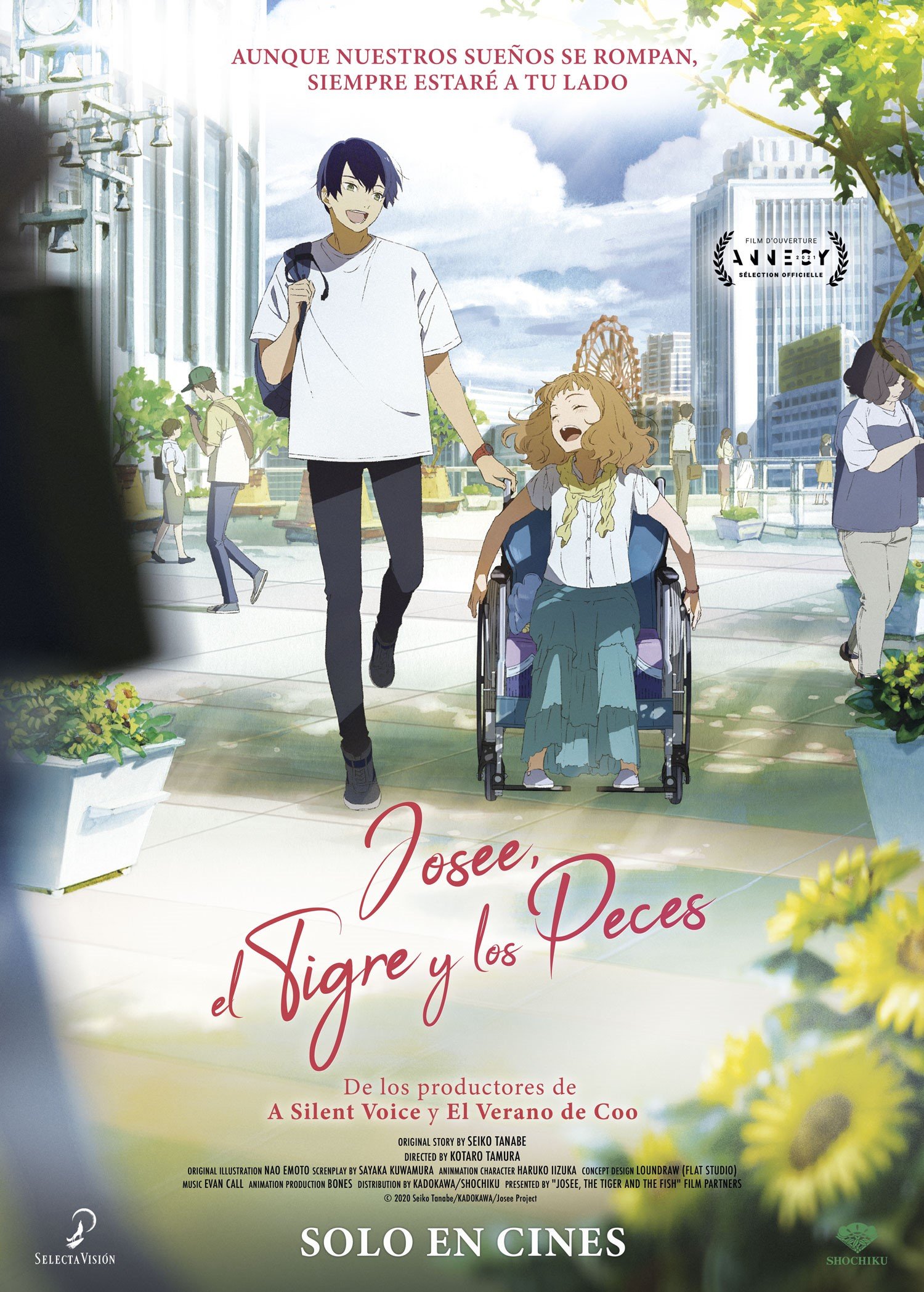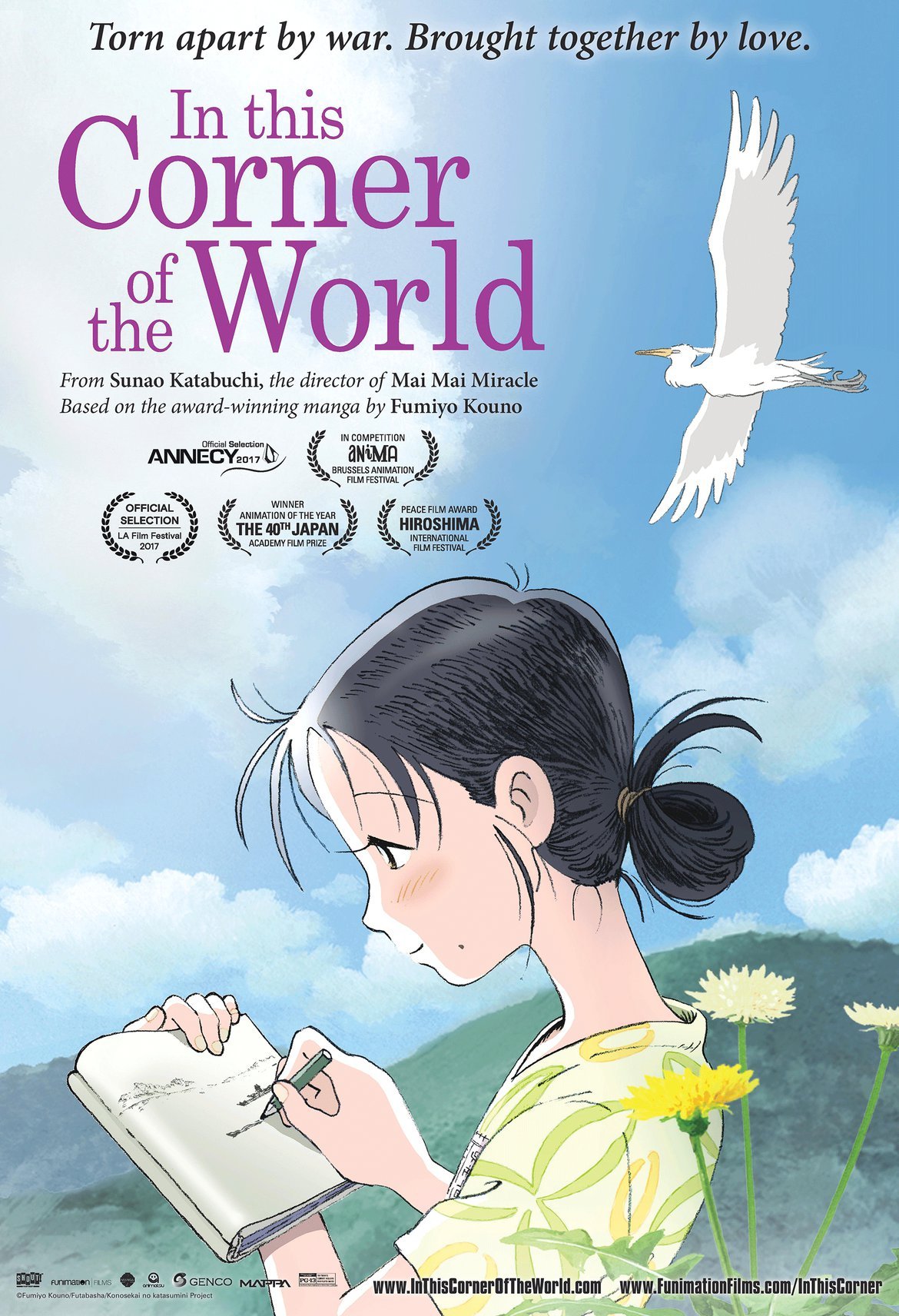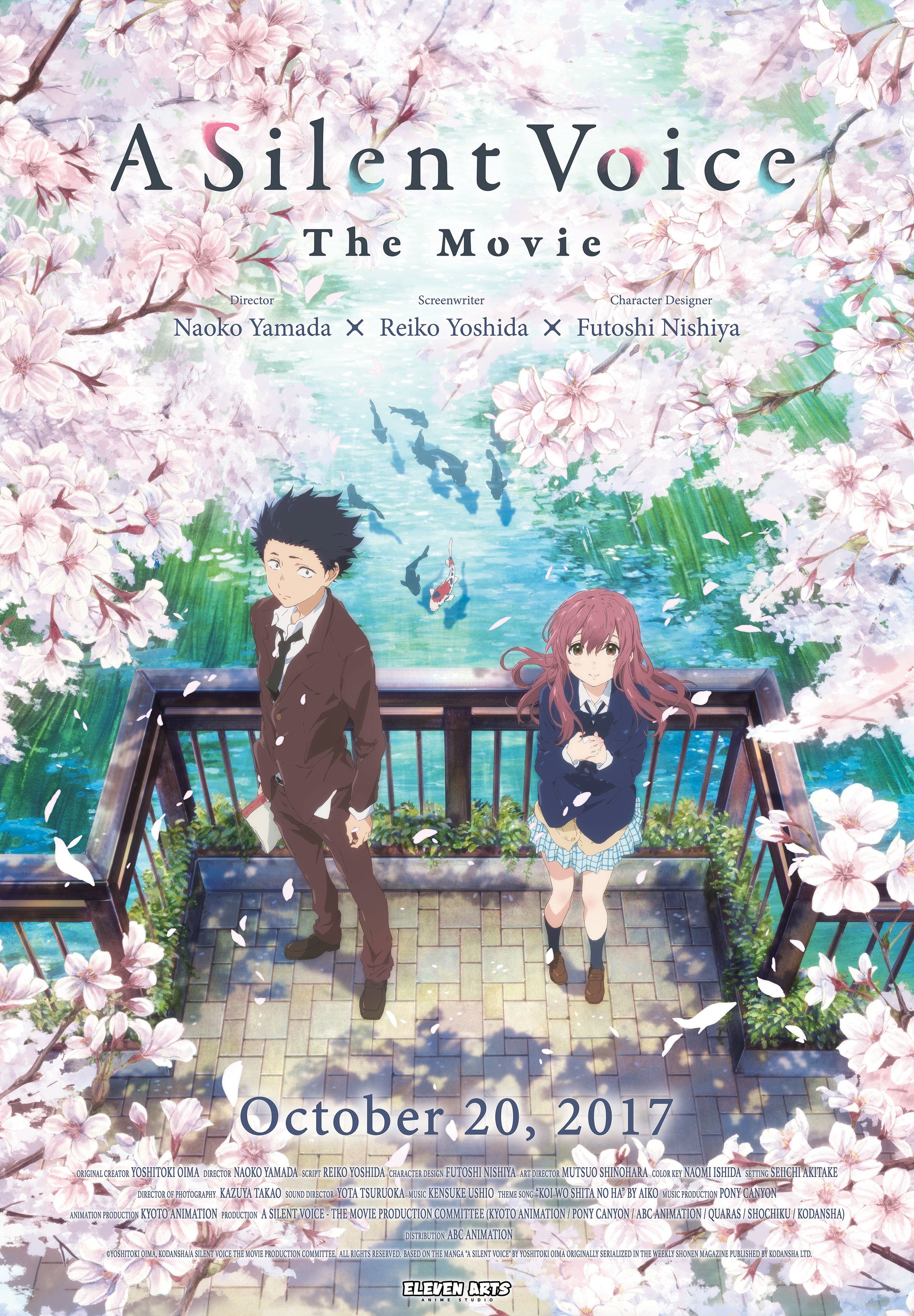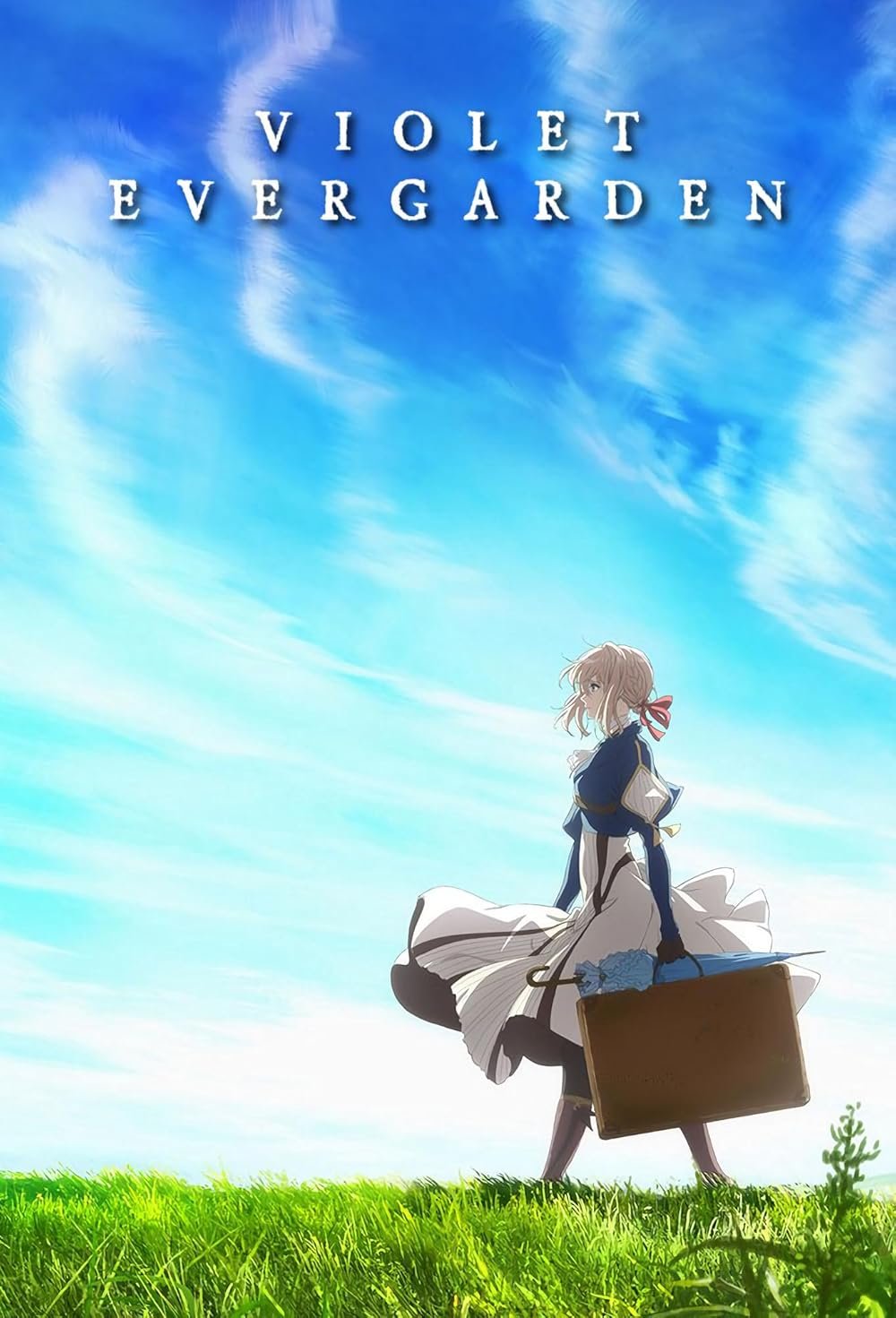Some stories leave a mark because they deal with grief, love and growing up in ways that feel close to real life. This list counts down from #25 to #1, highlighting anime that many viewers say made them cry or sit in silence after the credits. The focus is on emotional impact, not hype, with a mix of films and series. Each entry notes what makes it hurt and why it stays with you.
These picks span war dramas, bittersweet romances and quiet character studies. A few are heavy from the start, others sneak up on you with small moments. If you are sensitive to topics like loss or illness, take care. Sometimes the gentlest shows carry the most weight.
25. The Wind Rises
This film follows an aeronautical engineer chasing dreams of flight while living through turbulent times. The beauty of the planes clashes with the cost of ambition and the shadow of war. The central love story brings a soft glow that makes the eventual pain feel more personal.
What lingers is the tension between creation and consequence. Art and engineering can be noble, but the use of that work can be tragic. The quiet final stretch, with its acceptance and regret, lands like a soft but heavy stone and the last images stay long after.
The film’s sadness is not only in loss, but in the price paid for a beautiful vision. It asks whether it is enough to make something wonderful when the world turns it toward harm, a question that feels unanswered.
24. Orange
Letters from the future push a group of friends to protect a classmate who hides deep depression. The show treats small choices as life changing, showing how isolation can grow when no one speaks. Its tone is gentle, which makes the heavy moments feel more real.
The heart of Orange is friendship as lifeline. It shows how one text, one walk home, one honest talk can shift a path. The sadness comes from what almost happens and from the fear that even love might not be enough.
By the end, the series makes a case for showing up for people even when you do not have perfect words. That simple act can be the difference between silence and a tomorrow that feels a little more possible.
It is a story that asks viewers to notice the friend who laughs on the surface but may be struggling and to choose kindness without delay. The message is quiet, but it hits with force.
23. Colorful
An aimless soul gets a second chance in a boy’s body to face regret and see what drove a family apart. The film avoids easy answers and takes time to show the weight of small cruelties and lies. Its sadness is rooted in the kind of mistakes teens make when they feel invisible.
Colorful is about redemption without shortcuts. The boy’s journey leads to hard truths about his own choices and about the people around him. The healing is messy and that makes the final turn feel earned and deeply human.
What hurts most is how ordinary the pain is. There is no villain, just people missing each other by inches, which makes the moments of connection feel precious and the losses feel avoidable.
By closing on quiet understanding instead of spectacle, the film shows how a single day lived with care can shift a life’s course. That modest hope carries a soft, lasting ache.
22. Rascal Does Not Dream of a Dreaming Girl
This sequel centers on Shoko and a tangled set of choices that test love, time and sacrifice. It deepens the series’ supernatural setup with a clear human cost. The tenderness between the leads makes the tragic stakes feel more urgent.
The film builds sadness from the idea that saving one person may mean hurting another. It wrestles with what a promise is worth when the clock is running out. The quiet hospital scenes and the final decision carry a weight that is hard to shake.
Rather than big battles, the climax is about acceptance and the price of living with consequences. The ending is bittersweet, leaving room for hope while honoring the pain that came before, a balance the series handles with grace.
21. Tokyo Magnitude 8.0
After a massive quake, two siblings try to get home through a city turned fragile and strange. The show treats disaster with sobriety and care, focusing on kindness from strangers and the slow dawning of loss. The realism makes every aftershock feel close.
The series builds to one of the most devastating reveals in TV anime. It does not rely on shocks for their own sake, but on the small details that add up to truth. When it arrives, the realization recolors earlier scenes in a way that is quietly crushing.
What makes it linger is the portrayal of resilience. It does not romanticize suffering. It shows people doing what they can and the cost that carries, which makes the final steps home feel earned.
The last images are honest about grief and about the love that keeps someone walking, even when the road has changed. That honesty is what makes the story sting.
20. Fruits Basket (2019)
This remake gives room for a deep look at trauma across a cursed family and the girl who brings warmth into their lives. The sadness lies in how hurt is passed down and how hard it is to accept care. The tone is gentle and the healing is slow.
Each character carries a different wound, from rejection to control. The series treats those wounds with patience, letting trust grow scene by scene. Moments of forgiveness hit hard because they feel earned.
By the end, the show makes a case for choosing family and building a future that is not defined by the past. It does not erase pain, but it lets people move forward with it, which can feel deeply moving.
19. Wolf Children
A young mother raises two kids on her own after a sudden loss, balancing love and survival as the children grow into themselves. The film finds emotion in daily work, quiet smiles and the fear of letting go. Its sadness comes from time passing too fast.
The country life sections are full of tender detail, where planting, storms and school all carry weight. Watching the children choose their paths shows how parenthood is a long goodbye. The final scenes are both proud and painfully lonely.
The movie honors the idea that loving someone means giving them space to become who they are. That truth is beautiful and hard and it is why the credits roll with a warm, aching quiet.
Small gestures, like a packed lunch or a fixed coat, become symbols of steady care. Those humble acts are what make the goodbye feel so heavy.
18. 5 Centimeters per Second
This film tracks a relationship across years, showing how distance and timing can turn first love into a memory. Snow, trains and missed chances carry more emotion than any speech. The pace is slow, which makes the final cut feel sharp.
The sadness is not in a single event but in the steady drift of two people who stop reaching. Each chapter adds a layer of what-ifs. The last glance across a crossing is simple and quietly final.
The movie captures how growing up can mean letting go without a clear goodbye. It is a soft tragedy of everyday life, where the weight of a text left unsent can feel huge. That restraint is what makes it sting.
17. Plastic Memories
In a world where androids have short lifespans, a pair of coworkers retrieves units at the end of their time. The setup builds toward a romance that carries a clear expiration date. Every sweet moment lands harder because the countdown never stops, which makes each choice feel brave.
The show’s most painful scenes involve goodbyes between families and the androids they love. It asks what makes a memory real if the person holding it is designed to forget. That question gives the late episodes a special kind of ache.
By the end, the series settles on the idea that love is worth the pain it brings. It feels honest about impermanence and it finds grace in the act of staying present while time runs out, which is both sad and tender.
The final farewell is simple and respectful, avoiding melodrama while still landing the full weight of loss. That balance is why it stays with fans.
Even the quiet workplace scenes matter, because they show how people learn to carry grief as part of their day, not as something to be fixed.
16. Josee, the Tiger and the Fish
This romantic drama follows two students who help each other grow while dealing with limitations and fear. It respects disability without turning the heroine into a symbol. The sadness comes from the ways pride and doubt can hold back a future.
Also Read
10 phrases that sound supportive but are actually a subtle sign of manipulation
Set pieces around the sea bring the feelings into focus, with water working as a mirror for risk and trust. The film does not punish ambition, but it does show the price of missteps and how hard it is to say what you truly need, which feels very human.
The ending offers hope while honoring the pain it took to get there. It is the kind of story where a simple apology can feel like a turning point and where a small push makes a dream seem near.
15. Ride Your Wave
A bright love story becomes a meditation on grief after a sudden accident. Summer colors and upbeat songs hide a deeper current about learning to live with loss. What makes it hit is how the film treats private rituals as steps toward a new life.
There is magic here, but it serves the emotions. Surfing scenes show how joy and fear can exist together and how memory can be both comfort and anchor. The film suggests that letting go is not forgetting, which is a gentle and honest message.
Also Read
10 Phrases That Sound Supportive But Are Actually a Subtle Sign of Manipulation
The final wave is not about winning. It is about standing up again and trusting the water. That choice feels huge because it comes after so much doubt and the credits leave a clean, bittersweet calm.
Small acts among friends carry weight too, showing how community can quietly hold someone through loss. Those steady hands are the film’s real gift.
14. In This Corner of the World
Set during wartime, this film follows a young woman whose daily life is reshaped by scarcity and danger. It focuses on chores, sketching and family meals, which makes the sudden shocks land harder. The sadness lives in the gap between ordinary hopes and a world turned harsh.
The movie treats survival as a series of small choices. It shows how people find kindness in dark times and how they endure after loss. The quiet rebuild after each blow feels true and painfully earned.
Also Read
People With Low Emotional Intelligence Often Miss These 6 Social Cues
By the end, what stays is the sense that life can be both fragile and stubborn. The film honors those who keep going with grace, not with speeches and that restraint is what gives it lasting power.
Drawn details of streets and kitchens become a record of what was almost lost, turning simple images into memorials that feel deeply human.
13. Banana Fish
Gang warfare and personal history collide around a young leader trying to break free from a violent world. The bond at the center is built on trust in a place where trust gets people hurt. The show is tough to watch because it takes trauma seriously.
Each small kindness between the leads feels like a rescue. The plot can be brutal, but the real core is a desire for a quiet life that keeps getting pushed out of reach. That push and pull makes the final stretch feel inevitable.
Also Read
8 Weird Habits You Don’t Realize You Have From Growing Up In A “We Can’t Afford It” Household
The ending is famous for how it lands the promise of peace in a way that is both tender and tragic. It leaves a silence that speaks louder than any words and that silence is the point the show had been building toward.
12. A Silent Voice
This film follows a former bully who seeks forgiveness from a deaf classmate he hurt. It handles shame, self-worth and social anxiety with care. The sadness comes from what cannot be undone and from the courage it takes to ask for a second chance.
Visual ideas, like crossed-out faces and the weight of a phone, show how hard simple acts can be. The movie does not excuse harm, but it shows how accountability and empathy can open a path forward. The bridge scenes are especially raw.
The final moments are not about a perfect fix. They are about choosing to stay, to listen and to reach out again tomorrow. That choice feels huge when you have been hiding for years, which makes the ending quietly hopeful.
Also Read
10 Phrases That Sound Supportive But Are Actually A Subtle Sign Of Manipulation
Side characters matter too, because they show how a whole group can enable or challenge cruelty. Changing that pattern takes honest talk and steady effort.
11. To Your Eternity
An immortal being learns what it means to be human by forming bonds and losing them. Each arc stands on its own and almost all of them end in tears. The first story alone sets a tone of quiet love and sharp loss.
The show keeps returning to the cost of connection. Every friend becomes a part of the lead, sometimes literally, which turns memory into a source of strength and pain. That duality is the heart of its sadness and its beauty.
Because time is long, goodbyes repeat. The series asks whether it is still worth opening your heart when you know you will hurt again. It answers with a soft yes and then shows what that yes costs.
Also Read
8 Cringey Phrases Older Relatives Use at Family Dinners That Younger Guests Dread
10. Violet Evergarden
A former child soldier writes letters that help others say what they cannot. Each episode tackles a different kind of grief, from family to love to the passing of seasons. The calm tone and careful music turn simple goodbyes into gut punches.
Violet’s growth is the spine of the show. She starts with little sense of her own feelings and learns to name them through the words she writes. That journey from duty to empathy makes the late episodes and films land with extra force.
There are standout chapters that many viewers remember for years, centered on parents and children, illness and the weight of a last letter. The writing never mocks tears. It treats them as signs of connection, which is why this series has a loyal following.
huge